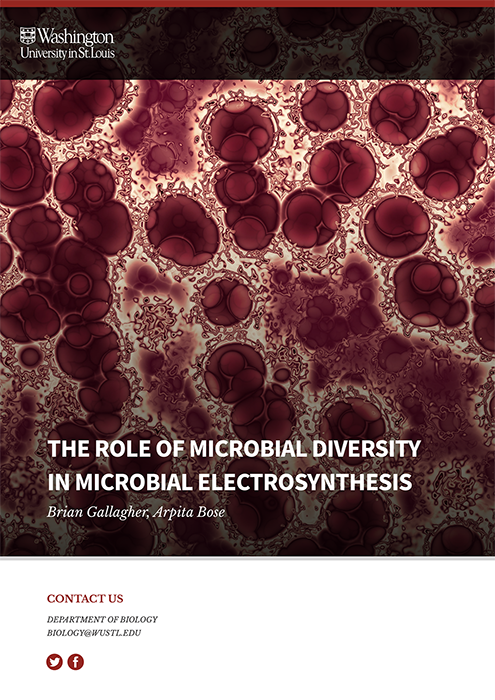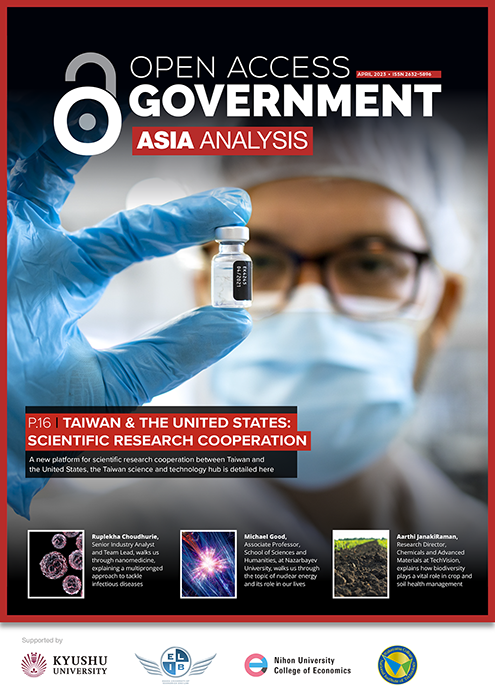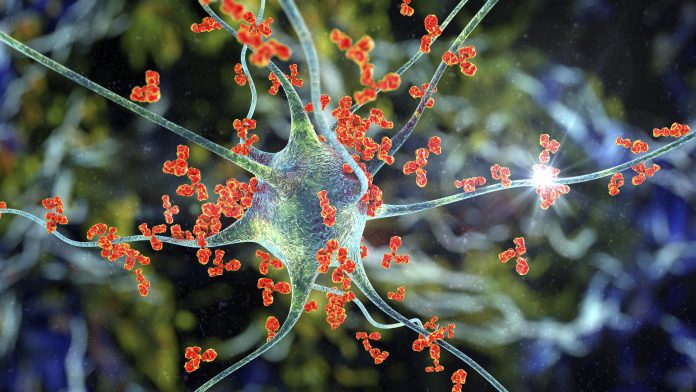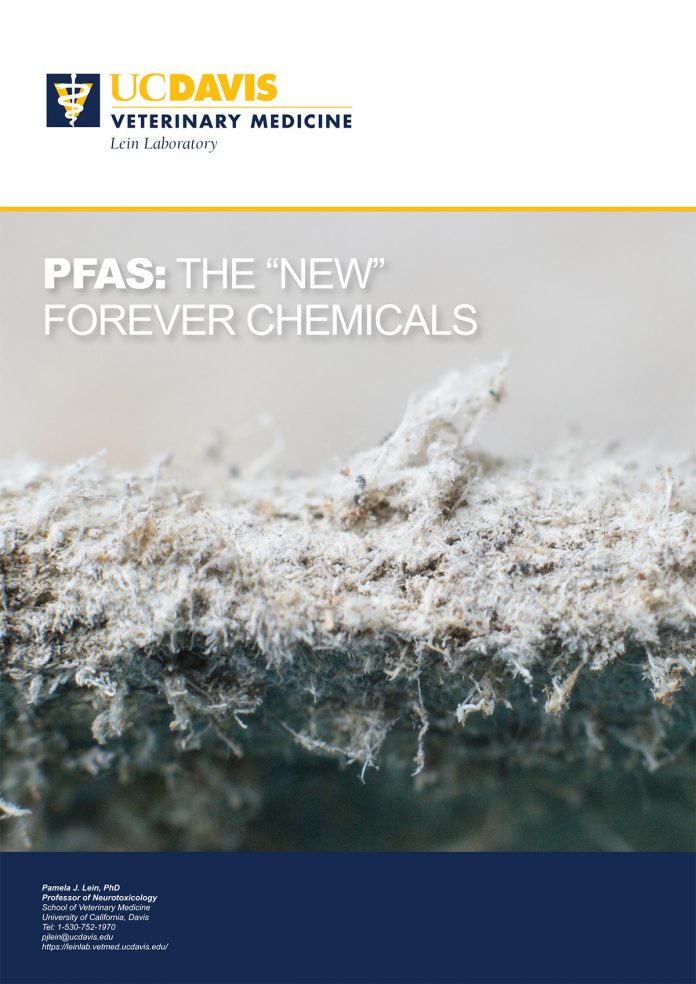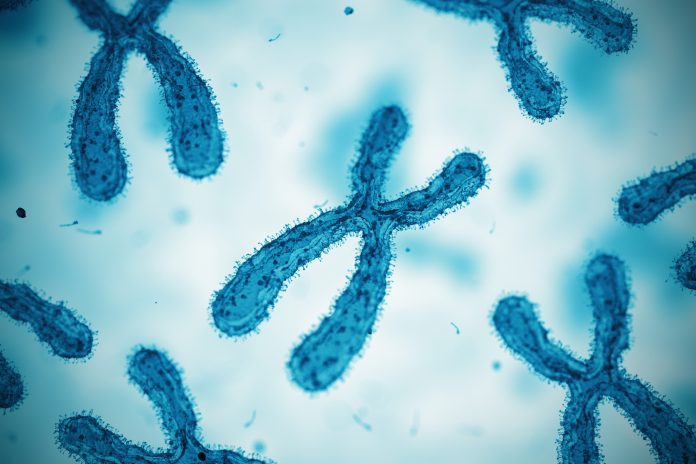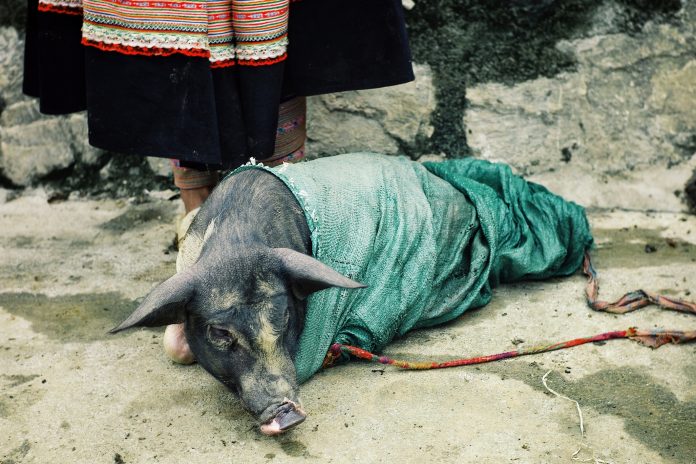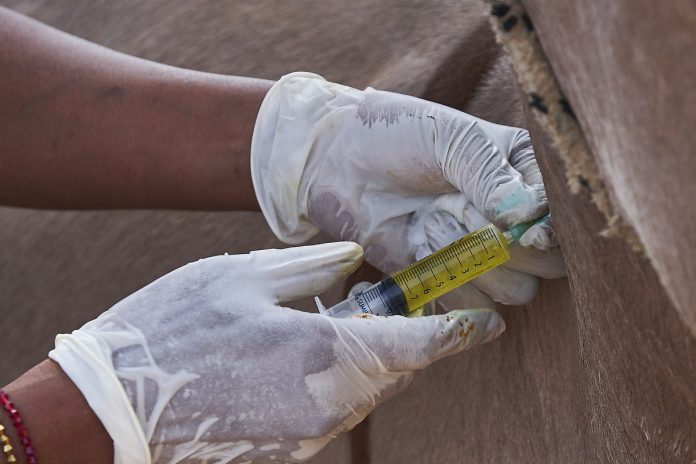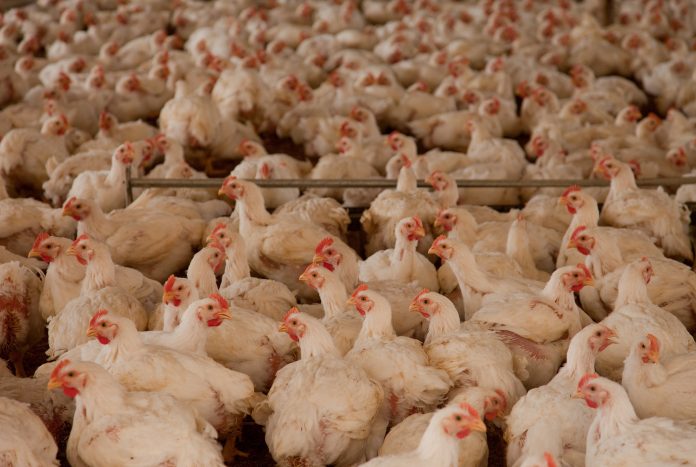Open Access Government produces compelling and informative news, publications, eBooks, and academic research articles for the public and private sector looking at health, diseases & conditions, workplace, research & innovation, digital transformation, government policy, environment, agriculture, energy, transport and more.
Home Search
infectious diseases - search results
If you're not happy with the results, please do another search
The role of microbial diversity in microbial electrosynthesis
Bacteria are often painted as the enemy of humanity. Before the discovery of antibiotics, a wound getting infected was frequently a death sentence.
£16 million fund awarded for UK and India research and innovation partnership
The UK and India research and innovation partnership will focus on numerous topics, including earthquakes, animal health and AI.
Asia Analysis April 2023
You are warmly invited to the Spring edition of Asia Analysis, a compelling assortment of profoundly absorbing policy articles on many subjects.
Neuromyelitis optica (NMO) – on the path to a cure
Dr. Ludivine Herman, Project Leader at immunotherapy specialist Imcyse, walks us through Neuoromyelitis optica facts & trends, the challenges of current therapies and the potential of immunotherapies.
Data Institute for Societal Challenges (DISC) advancing data-enabled research
The Data Institute for Societal Challenges (DISC) is setting a new benchmark for cutting-edge advances in artificial intelligence, machine learning, and real-world applications driven by advancements in data-enabled research.
PFAS: The “New” Forever Chemicals
The term “forever chemicals” has become part of the lexicon in lay science. This reflects the growing evidence that exposure to perfluoroalkyl substances (PFAS), a class of synthetic chemicals widely detected in our natural environment, our foods, and our bodies, is associated with adverse human health effects and harm...
RNA molecule signature diagnosis could revolutionize personalized medicine
Professor Michael Levin from Imperial College London argues that in the DIAMONDS project, there has been a breakthrough response in personalized medicine via RNA molecular signature diagnosis.
Michael Levin – Imperial College London
Michael Levin is professor of International Child Health at Imperial College London
He works as a paediatric Infectious diseases specialist at St Mary’s Hospital, Imperial College NHS Trust, and leads an interdisciplinary research team that has applied molecular, genetic and immunological approaches to improve the diagnosis and management of childhood...
Eric O. Freed – Center for Cancer Research, National Cancer Institute
Dr. Eric O. Freed received his Ph.D. in 1990 from the University of Wisconsin-Madison
His Ph.D. work focused on the function of the murine leukemia virus and HIV envelope glycoproteins in membrane fusion and virus entry. He joined the National Institute of Allergy and Infectious Diseases (NIAID) at the NIH...
Richard Hayes – London School of Hygiene & Tropical Medicine
Richard Hayes is Professor of Epidemiology and International Health at the London School of Hygiene and Tropical Medicine
He is a statistical epidemiologist, whose main research interest is in the epidemiology of infectious diseases of public health importance in low income countries. Following early work on sickle cell disease, malaria...
How do we envision the sustainable society we want to create?
Here, Professor Masahide Sakamoto uses Japanese pollution research as a case study for thinking about and understanding how to create a sustainable society.
Rapid measurement tools or fast identification of bioaerosols
Why is rapid measurement tools or fast identification of bioaerosols important and what are the challenges and opportunities?
PANDASIA: Reducing the risk of zoonoses spread in Europe and Asia
Zoonoses – zoonotic pathogens spread between animals and humans – have been a concern of the international community since COVID-19.
“Cataclysmic” health emergency following Pakistan floods
The Pakistan floods have brought on a double burden of communicable, and non-communicable diseases, fuelling more inequality and health disparities.
Why advancements in medical fridges are vital for the healthcare industry
The vast increase in vaccine production throughout 2020 and 2021 meant the demand for reliable medical fridges also grew rapidly.
Tackling antimicrobial resistance: A digital approach
Reflecting on the recent World Antimicrobial Awareness Week (WAAW 2022), it’s evident that we must continue to raise better awareness and understanding of antimicrobial resistance, which is one of the top 10 global public health threats facing humanity.
Information overload and the ossification of immunological research
Peter Bretscher, Faculty in the Department of Biochemistry, Microbiology and Immunology at the University of Saskatchewan questions whether there is a way of fostering resilience in immunological research.
G20 Summit: World Bank must invest in animal health with new fund
Organisations call on World Bank to end ‘chronic underinvestment’ in animal health using new fund launched at this year's G20 Summit.
How is human health impacted by the welfare of animals
The welfare of animals is not only important to animals but is also intrinsically linked to human health and the environment.
The EU’s role in global cooperation for public health
The Covid-19 pandemic and emerging threats such as Monkeypox have demonstrated the need for global cooperation on public health.

